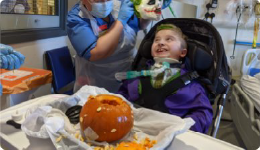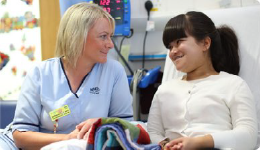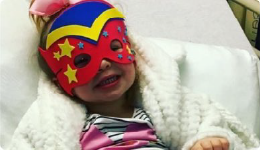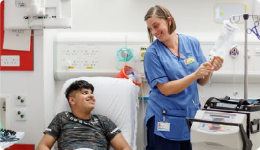About animal and human bites
Serious animal and human bites can get infected if they're not checked and treated quickly.
Always seek medical advice if you've been bitten by an animal or person and the bite has broken the skin.
The following information is about bites by people and animals such as dogs and cats.
What to do if you've been bitten
If you've been bitten by an animal or another person:
- clean the wound immediately by running warm tap water over it for a couple of minutes – it's a good idea to do this even if the skin doesn't appear to be broken
- remove any objects from the bite, such as teeth, hair or dirt
- encourage the wound to bleed slightly by gently squeezing it, unless it's already bleeding freely
- if the wound is bleeding heavily, put a clean pad or sterile dressing over it and apply pressure
- dry the wound and cover it with a clean dressing or plaster
- take painkillers if you're in pain, such as paracetamol or ibuprofen – children under 16 years old shouldn't take aspirin
- seek medical advice, unless the wound is very minor
- If the bite has severed a body part like a finger or ear, wash it with tap water, wrap it in clean tissue, and store it in a plastic bag surrounded by ice so it can be transported to hospital. It may be possible to surgically reattach the body part later on.
When to seek medical advice
If the bite has broken the skin, you should seek immediate medical attention after cleaning the wound. Don't delay seeking help until symptoms of infection appear.
Minor bites can be treated at your GP surgery, or by staff at your local walk-in centre or minor injuries unit. For particularly severe bites, visit your local Emergency Department.
Visit NHS Inform for more information about animal and human bites, including signs a bite may be infected and how to avoid animal bites.




 Self Care
Self Care Local Pharmacist
Local Pharmacist Health Visitor
Health Visitor GP (General Practitioner)
GP (General Practitioner) Emergency Department
Emergency Department








